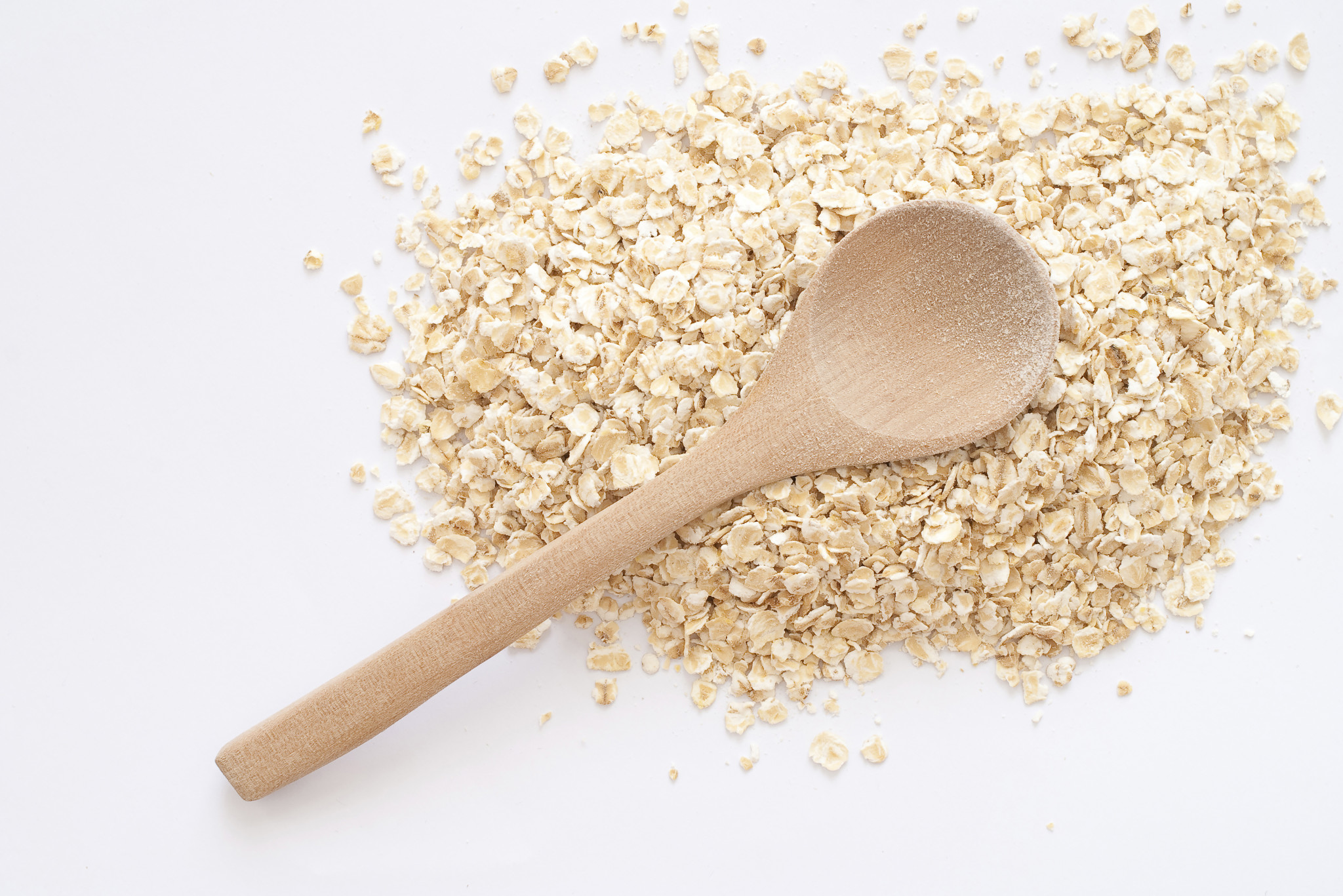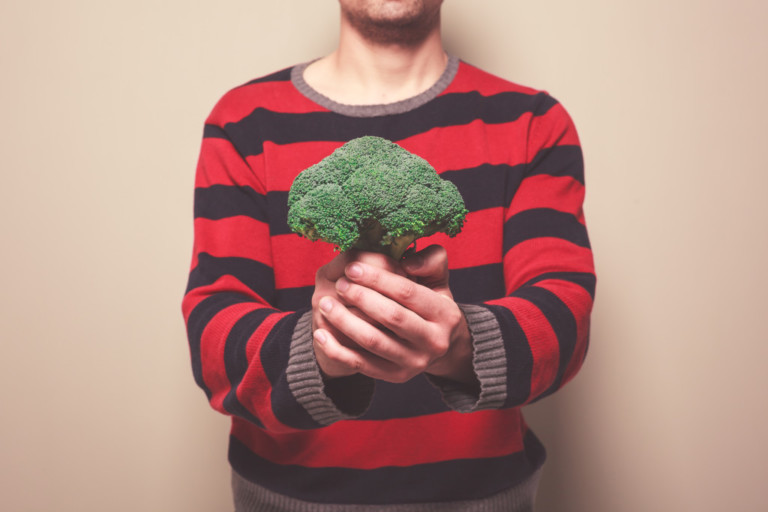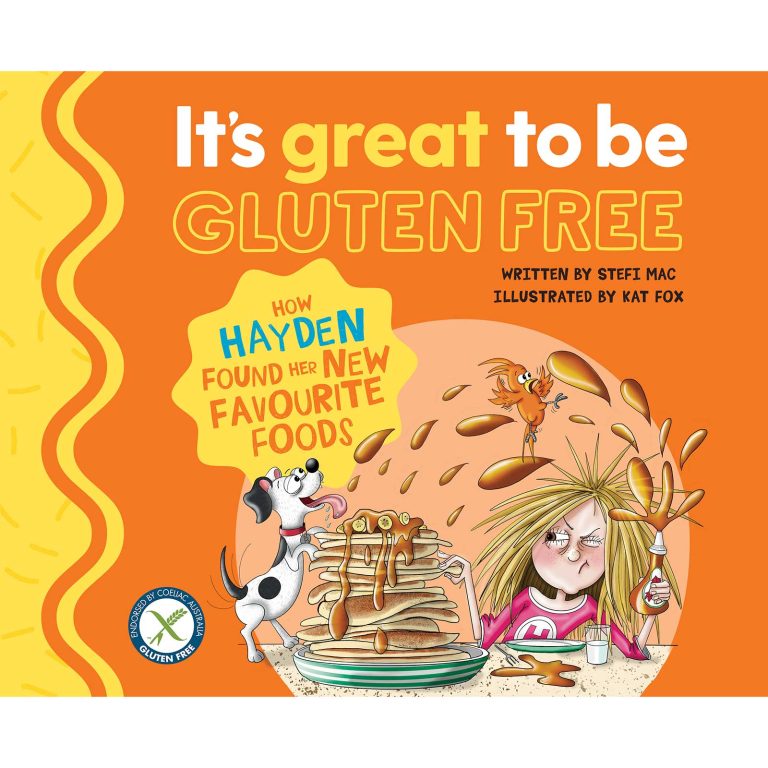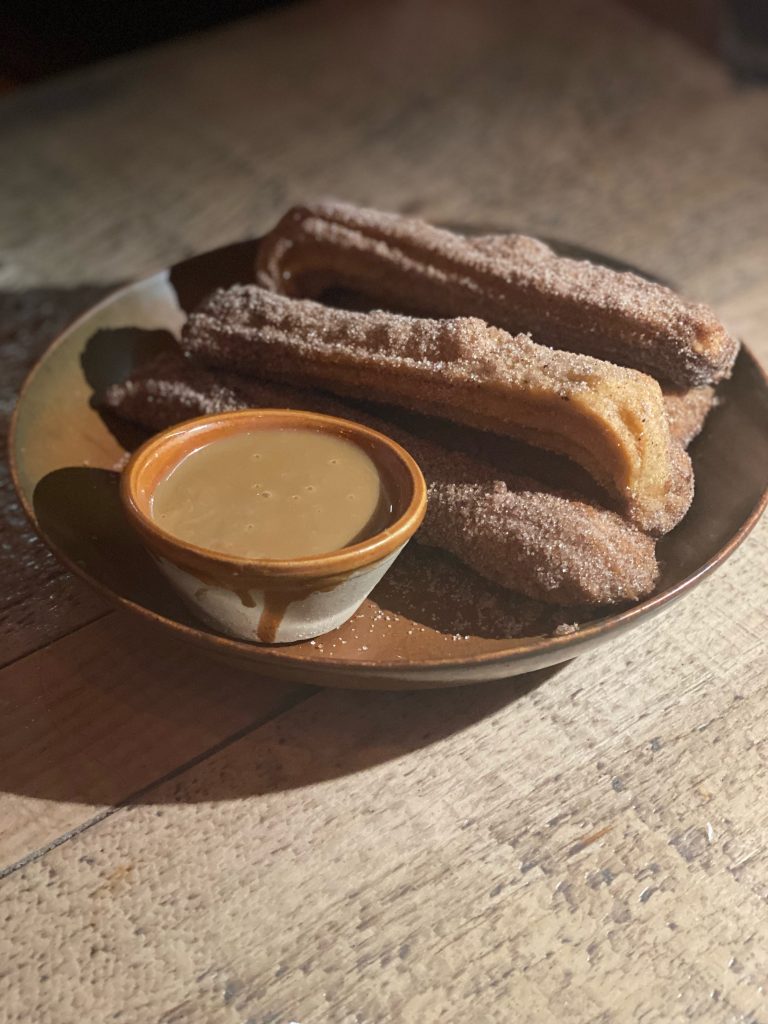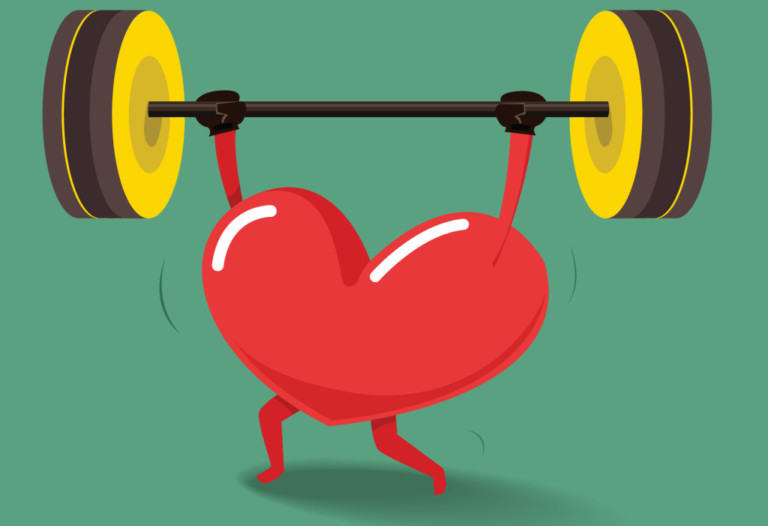When it comes to oats and the gluten-free diet, things are a little complicated. So it’s no surprise that we’re often asked “are oats gluten-free?”
Oats are not related to gluten-containing grains like wheat and rye, instead they contain a protein called avenin which has been found to produce a gluten-like reaction in some, but not all, people with coeliac disease.
In November 2014 researchers from the Walter and Eliza Hall Institute in Victoria published findings from a 10-year project that studied 73 people with coeliac disease. The researchers were able to identify the key elements in oats that trigger an immune response in some people with coeliac disease. They found that only eight percent of participants reported such a response after oat consumption.
“By studying people with coeliac disease who had eaten oats, we were able to undertake a detailed profile of the resultant immune response in their blood stream. Our study was able to establish the parts of oat avenins that cause an immune response in people with coeliac disease,” said researcher Dr Melinda Hardy.
The other concern surrounding the consumption of oats on a gluten-free diet comes from the way it is harvested and processed. Most oat-based products available on supermarket shelves will have been cross-contaminated with grains containing gluten during harvesting, milling and processing.
While it is possible to purchase uncontaminated oats that have been labelled “gluten-free” in some countries, FSANZ (Food Standards Australia and New Zealand) prohibit any form of oat being labelled as gluten-free in Australia or New Zealand. This is because it is not currently possible to test for the presence of gluten or the amount in the protein avenin. Consequently, oats that are grown and produced in an uncontaminated environment can only be labelled as wheat, rye and barley free.
The Australian Coeliac Society recommends that people with coeliac disease who wish to consume oats as part of their gluten-free diet see their doctor for a biopsy before adding oats to the diet and again after eating them for three months, to assess if any immune response has occurred.
WHAT’S CHANGED?
A ground breaking new study by researchers from Lund University, the ScanOats Industrial Research
Centre and Helmholtz Zentrum Munich, in collaboration with Australian researchers at Edith Cowan University (ECU), Australia’s national science agency CSIRO and the Walter and Eliza Hall Institute of Medical Research
(WEHI) has decoded the genome of oats which has allowed the researchers to better understand which genes are responsible for which traits. “We discovered that oats have fewer of the proteins that correspond to gluten in wheat, causing an immune reaction from people with coeliac disease,” explains CSIRO’s Professor Michelle Colgrave. “This allowed us to confirm, on both a gene (DNA) and protein level, that oats contain fewer protein sequences that are known to trigger food allergy and intolerance,” she said.
Dietitian Amanda Smith (APD) from Verde Nutrition is enthusiastic about the study. “This new research is an exciting look at what is hopefully to come in incorporating oats as part of a gluten-free diet here in Australia,” she says. “Oats are incredibly nutritious and a great source of fibre, something which is often lacking in a gluten-free diet, so the possibility of people with coeliac disease including them is awesome.”
When Amanda is seeing clients with coeliac disease who want to consume oats, she works alongside their gastroenterologist. “For my clients with coeliac disease who wish to trial including oats, I work alongside their gastroenterologist to carry out a medically supervised oat challenge,” she explains. “Whereby they include uncontaminated oats (wheat-free oats) for a specified period of time (usually three months) and then have a gastroscopy and small bowel biospy to observe whether an immune response occurred. This then determines whether or not the client can tolerate uncontaminated oats.”
SO, WHAT NOW FOR COELIACS?
Associate Professor Jason Tye-Din, from WEHI, said the research provides reassurance about the safety of oats for people with coeliac disease and brings us a step closer to seeing their safe inclusion into gluten-free diets.
“Concerns that oats harbour gluten-like proteins that may be harmful for people with coeliac disease has meant that in Australia and New Zealand, oats are currently excluded from the gluten-free diet,” he said. “The findings from this study tell us that the genes encoding potentially harmful gluten-like sequences are infrequent, expressed at low level and the sequences themselves less likely to trigger inflammation. These characteristics mean oats bear closer genomic and protein similarities to rice, which is safe in coeliac disease, than wheat and other gluten-rich cereals.”
While the study is a step towards allowing wheat-free oats to be marketed as gluten-free in Australia further research is still required. While we now know that the proteins in oats are more like rice than wheat, there are still people woth coeliac disease for whom oats trigger an immune response and at the time of publication undertaking an oat challenge under the guidance of your healthcare team remains best practice before consuming any oat products.

